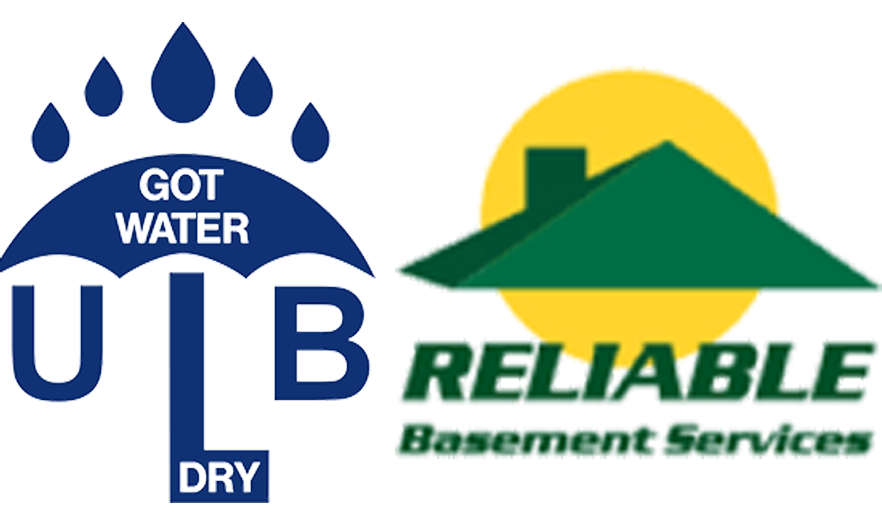This post was updated on 7/19/17 to reflect the latest available information.
While most of the homes built in the Chicago-land area since the 1950s have basement walls, made from poured concrete, that has not always been the case. Some of the older homes have brick foundations, some have stone foundations, and still others have CMU or cinder block foundations. These brick and masonry foundations pose unique challenges for waterproofing basement walls Lombard home owners need to stay healthy and comfortable.
Like the typical poured concrete foundation wall, each of these is subject to cracking and subsequent basement seepage. However unlike a concrete foundation, there is no proven method of foundation crack injection for these type of foundations, so hiring a Chicago basement waterproofing contractor may be necessary. Sure, there is the option of an interior drain tile system to collect the water seepage. But, this solution only works after it has already seeped through the foundation and possibly caused the substrate to deteriorate. This can result in extensive repairs, ranging from complete reinstallation of a basement or crawl space encapsulation and other basement waterproofing steps in the area, like resealing the floor joists.
1. Basement Waterproofing in Chicago Requires Proper Excavation.
In order to properly seal a masonry or stone foundation, the area should be excavated from the top of the grade down to and below the top of the footer. The footer refers to the first portion of the structure that the foundation wall rests on.
2. Clean and Repair the Foundation Walls.
The mortar between the brick and or block will be the weakest portion of the foundation wall. So, after the wall has been completely exposed, it will need to be cleaned and inspected for badly corrupted mortar joints and other flaws. Once detected, all corrupt areas will have to be cleaned out and then re-filled, flush with the existing foundation. Likewise, all loose parge-coating will have to be removed and replaced as necessary.
3. The Waterproofing Contractor in Lombard Will Select the Appropriate Type of Waterproofing Membrane.
The type of waterproof membrane used will depend on the type of foundation it is applied to. Stone foundations for example are extremely susceptible to surface breakdown. For that reason, it is almost impossible to get any traditional membrane to adhere successfully to the stone. There is a whole different set of circumstances to consider when addressing CMU, or cinder block walls as they are commonly referred to. The Chicago basement waterproofing membrane applications have an easier time bonding to the large face of the actual block, but it will lose adhesion at the mortar joints.
However, because of the scope of the area repaired, the percentage of area where the membrane has maintained its bond is significantly greater than that with the risk of failure. Even so, many manufacturers suggest a primary application of a cement-based below-grade waterproofing membrane, such as “Thoro-seal,” is needed prior to installation of the membrane system.
Let the Expert Waterproofing Contractors of Oak Brook or Chicago Repair Your Brick and Masonry Basement Foundation Walls.
Unlike an interior crack repair, there are several different conditions to consider when taking on the cost and the workload involved in securing a complete exterior foundation waterproofing. Your basement waterproofing contractor in Park Ridge should follow stict steps to prevent premature wear and tear, as well as ensure your satisfaction.
Contact ULB-Dry online to see how our professionals can help you develop a comprehensive exterior waterproofing package, helping you prevent the damage basement seepage through a masonry foundation can lead to.





